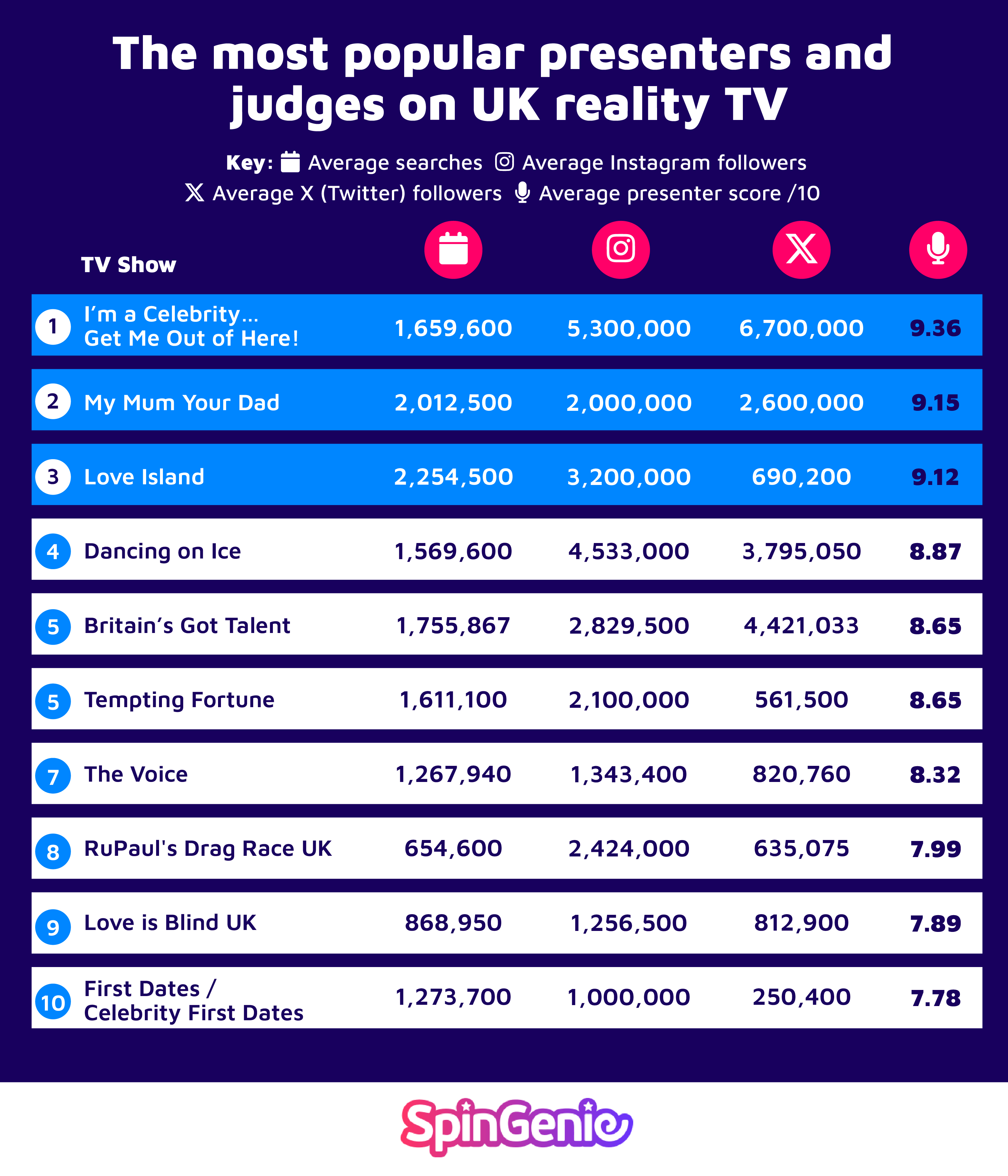For many reality TV contestants, appearing on a hit show can be a life-changing experience. Whether they were competing for a prize, looking for love, or simply showcasing their personality, the transition from ordinary life to public recognition happens almost overnight.
But what happens after the cameras stop rolling? While some reality stars turn their 15 minutes of fame into thriving careers, others struggle with managing public scrutiny, staying relevant, and finding opportunities beyond their show. Fame from reality TV can be unpredictable—some contestants become household names, while others fade into obscurity.
Let’s explore the journey of reality TV stars after their shows end, highlighting the opportunities, challenges, and strategies they use to maintain their success.
1. The Rise to Instant Fame
One of the biggest differences between reality TV fame and traditional celebrity status is how quickly it happens. Unlike actors and musicians who gradually build their careers, reality TV contestants go from unknown to famous overnight.
How Reality TV Creates Instant Celebrities:
- Social Media Explosion – Contestants often gain hundreds of thousands (or even millions) of followers in just weeks, giving them huge online influence.
- Media Attention – Tabloids, entertainment websites, and podcasts rush to interview reality stars, keeping them in the spotlight even after their show ends.
- Public Fascination – Viewers get emotionally invested in contestants, making them feel like real-life characters whose stories they want to follow.
For example, contestants from Love Island, The Bachelor, and Survivor often gain massive followings, allowing them to transition into influencer careers, brand partnerships, or even new TV gigs.
However, instant fame isn’t always easy to manage—especially for those unprepared for the public attention.
2. Turning Reality TV Fame into a Career
While some reality stars disappear after their show ends, others use the exposure to launch long-term careers. The most successful ones leverage their visibility into business opportunities, entertainment roles, or influencer success.
Common Career Paths for Reality Stars:
- Social Media Influencing – Many contestants monetize their Instagram, TikTok, and YouTube platforms by partnering with brands, promoting products, and launching their own businesses.
- TV Hosting & Acting – Some transition into hosting gigs, talk shows, or scripted TV roles, using reality TV as a stepping stone to mainstream entertainment.
- Entrepreneurship – Former contestants often launch beauty lines, fashion brands, fitness programs, or lifestyle businesses using their reality TV fame.
- Podcasting & Content Creation – Many reality stars create podcasts or YouTube channels to continue sharing their personalities and stories with fans.
A great example is Kim Kardashian, who first gained fame through Keeping Up with the Kardashians and later built a billion-dollar beauty empire. Similarly, The Bachelor contestants often transition into podcasting or hosting reality dating spinoffs, extending their relevance beyond their original show.
However, not every reality star successfully makes the jump into long-term fame. Many struggle to find sustainable opportunities once their initial buzz fades.
3. The Struggle to Stay Relevant
While reality TV provides a fast track to fame, staying in the spotlight is much harder. With new reality shows constantly producing fresh stars, maintaining relevance requires effort and strategy.
Challenges Reality Stars Face After Their Show Ends:
- Short Attention Spans – Audiences move on quickly, meaning contestants from past seasons are often forgotten within a year.
- Typecasting & Stereotypes – Some reality stars get stuck in a specific persona, making it difficult to be seen in a new light.
- Saturation of Reality Stars – With so many new contestants entering the public eye, it’s harder to stand out.
To combat this, some reality stars reappear on multiple shows (Dancing with the Stars, All-Star Survivor, The Challenge), while others create controversies or viral moments to keep people talking.
However, fame-driven strategies don’t always end well, leading to negative consequences for mental health and reputation.
4. The Dark Side of Reality TV Fame
While some contestants thrive after reality TV, others face serious struggles when the attention fades. Many report feeling lost, depressed, or overwhelmed by the experience.
Mental Health Challenges for Reality Stars:
- Post-Fame Anxiety – Many struggle with losing the spotlight after their season ends.
- Online Harassment – Social media exposes contestants to bullying, hate comments, and intense scrutiny.
- Unrealistic Expectations – The glamorous lifestyle portrayed on TV is often unsustainable, leading to financial difficulties when brand deals dry up.
Tragically, some reality stars have faced severe mental health crises due to public pressure. Shows like Love Island UK and The Bachelor have come under fire for not providing enough post-show support for contestants dealing with sudden fame and criticism.
In response, some networks have introduced mental health resources, therapy options, and contestant wellness programs to help reality stars adjust to life after TV.
5. Strategies for a Successful Post-Reality TV Career
While not all reality stars achieve long-term success, those who do tend to follow key strategies for managing their fame wisely.
How Reality Stars Can Sustain Their Careers:
- Build a Personal Brand – Instead of relying solely on TV fame, successful contestants develop a niche (fitness, fashion, entertainment) to create long-term opportunities.
- Stay Authentic on Social Media – Fans connect more with genuine personalities, making authenticity a key factor in sustaining engagement.
- Diversify Income Streams – Smart reality stars invest in businesses, launch products, or secure long-term brand partnerships rather than depending on short-term deals.
- Manage Public Image Carefully – Avoiding controversies, feuds, or overexposure helps maintain a positive reputation.

